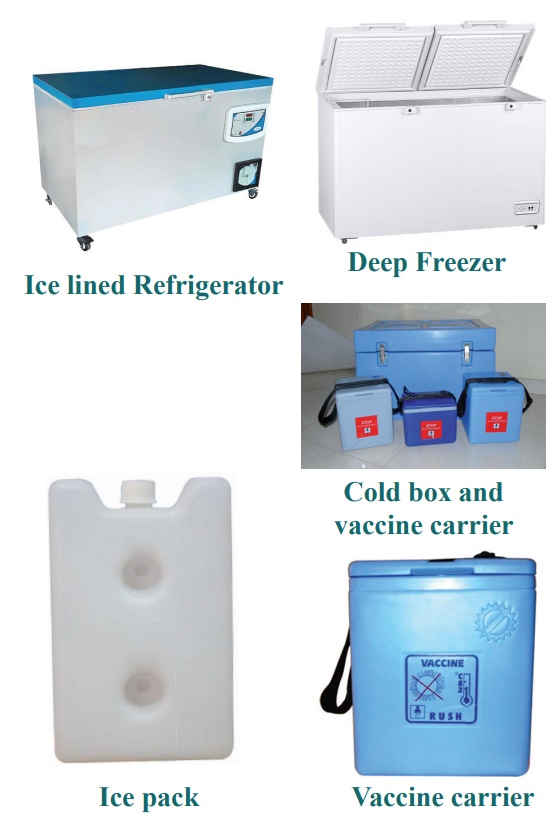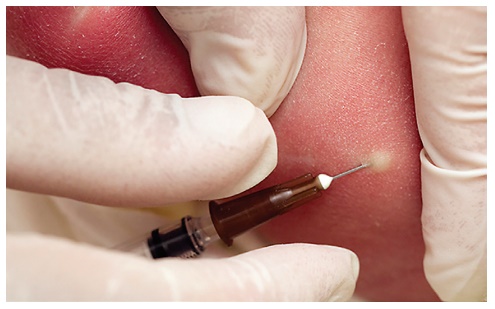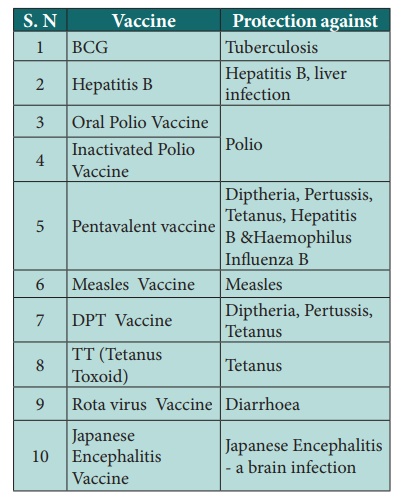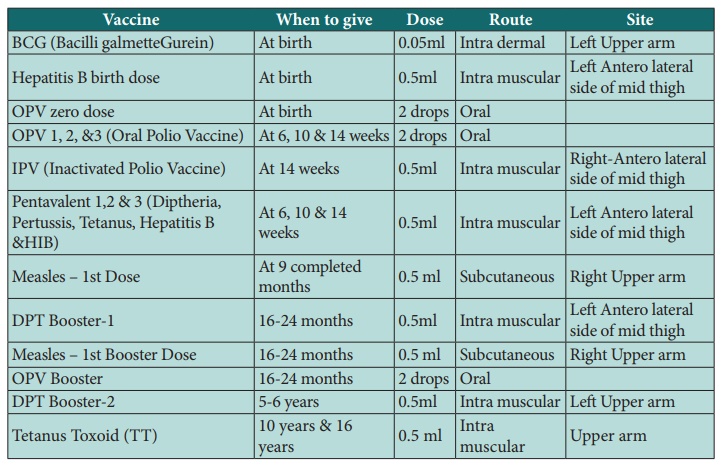Chapter: 12th Nursing : Chapter 5 : Child Health Nursing
Universal immunization programme
Universal immunization programme
Immunization is a mass means of protecting the greatest number of
people. It has to be planned according to the needs of the situation and the
prevailing health issues. Every country has its own immunization schedule to
suit the local needs. Under immunization, immunizing agents such as antisera,
live vaccines and inactivated or killed vaccines are administered.
Cold Chain and Equipments
The vaccines should
be stored at an appropriate temperature (preferably low)
and the temperature should be maintained during its transport from the
manufacturing site to the actual vaccination site. This system of storage and
transport is known as the “cold chain”. If the temperature is not maintained,
there is a possibility of vaccine failure. It is expected to maintain 6 rights
of supply chain. They are as follows:-
·
Right vaccine
·
Right dose
·
Right site
·
Right time
·
Right
condition(temperature)
·
Right person
To maintain cold chain, certain equipments are used in Universal
Immunization Programme. They are as follows:-
·
Walk in freezers
·
Walk in coolers
·
Deep freezer
·
Ice lined refrigerator
·
Domestic refrigerator
·
Cold boxes
·
Vaccine carriers
·
Ice pack

Universal Immunization Programme
The World Health Organization officially launched a global
immunization programme, known as Expanded Programme on Immunization
(EPI) in May 1974, to protect all children of the world against six
vaccine –preventable diseases. They are namely diphtheria, whooping cough,
tetanus, polio, tuberculosis and measles. EPI was launched in India in January
1978. This programme is now called as Universal Immunization Programme (UIP)
in India.
National Immunization Schedule for Infants and Children in India

BCG Vaccination
In addition to the above mentioned vaccines, Rota Virus vaccine
& Japanese Encephalitis vaccine is given in selected states.
Diseases and its vaccine


Related Topics